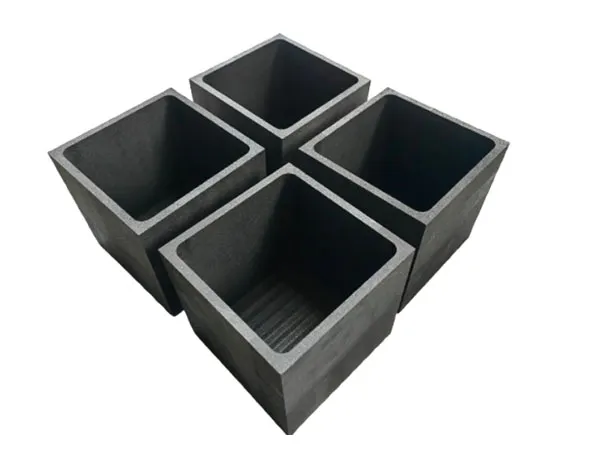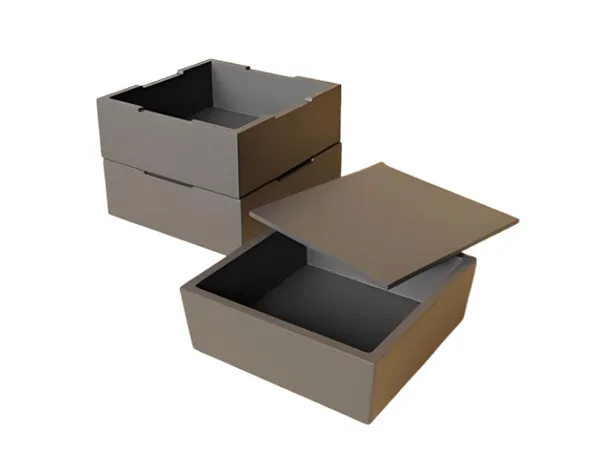Time: 2025-11-09 02:20:08 Source: Cangzhou Carbon Technology Co., Ltd.
Graphite products are essential in modern industry due to their exceptional thermal conductivity, chemical stability, high-temperature resistance, and self-lubricating properties. They are widely used across sectors such as metallurgy, chemical processing, electronics, and machinery manufacturing. Selecting the right graphite materials can directly impact product quality, operational efficiency, and maintenance costs. With numerous graphite grades and processing options available, making the right choice can be complex. This guide provides actionable insights to help you select graphite products tailored to your industrial needs.

Understanding your operational environment is the first step. Key considerations include:
Operating temperature – High-temperature environments require graphite with superior thermal resistance.
Work environment – Determine whether conditions are oxidizing, reducing, or in vacuum.
Precision and tolerance – Critical for high-accuracy machinery or electronic applications.
Mechanical load and wear conditions – Essential for components like bearings or molds.
For instance, graphite electrodes used in steelmaking demand high electrical conductivity and thermal resistance, whereas machinery bearings require low friction and long service life.
Graphite products are available in several forms, each optimized for specific industrial applications:
Isostatic Graphite – High density and strength, ideal for semiconductor molds and precision tools.
Extruded Graphite – Suitable for furnace components and large-scale parts with consistent thermal properties.
Molded Graphite – Commonly used for seals, heat treatment fixtures, and mechanical components.
Flexible Graphite – Excellent for gaskets and sealing applications due to chemical resistance and temperature tolerance.
Selecting the correct type ensures reliable performance and durability.
Graphite performance is closely tied to purity and density:
High-purity graphite (≥99.9%) – Essential for electronics, photovoltaics, and high-temperature furnace applications.
Industrial-grade graphite – Suitable for steelmaking, casting, and general engineering tasks.
Density affects strength, thermal conductivity, and lifespan. Higher-density graphite often delivers superior performance but may come at a higher cost.
Many industrial applications require graphite components shaped precisely to specifications. Partner with suppliers offering:
CNC precision machining
Tight dimensional tolerances
Consistent surface finish
Reliable machining ensures components fit correctly, perform optimally, and reduce downtime.

Choosing a trusted supplier is as important as selecting the material itself. Look for providers who offer:
Stable material sourcing and strict quality control
Industry-specific expertise and technical support
Custom solutions and ongoing after-sales service
A professional supplier helps enhance production efficiency and minimizes operational risks.
Conclusion
Selecting the right graphite products requires understanding your operational needs, choosing the appropriate graphite type, considering purity and density, and partnering with a reliable supplier. With careful selection and quality support, graphite materials can enhance performance, extend equipment life, and reduce production costs.
If your company needs high-quality, precision-machined graphite products, we provide fully customized solutions to meet your industrial requirements. Contact us today to discuss your project and get a tailored solution.